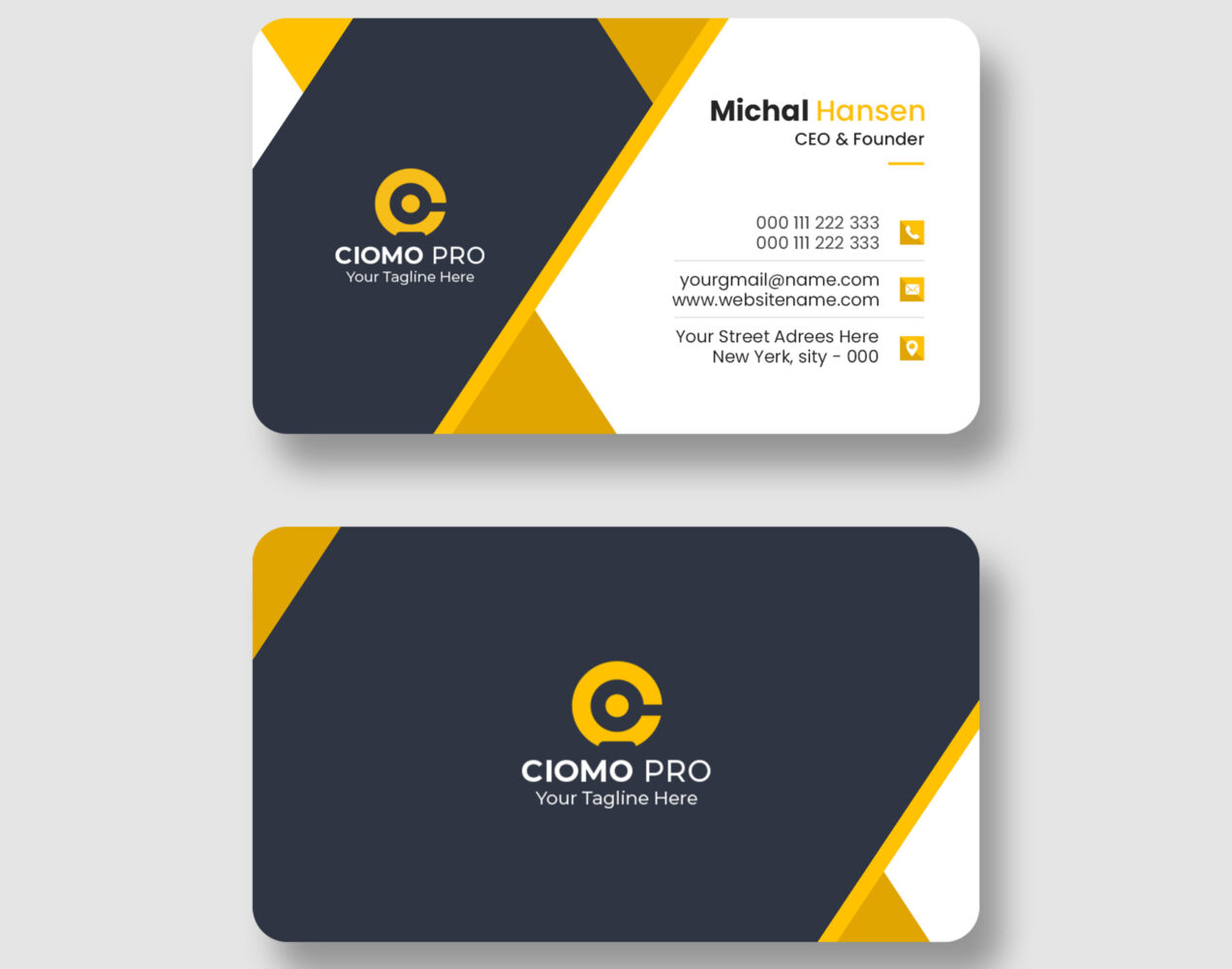WordPress has been the dominant content management system (CMS) powering over 40% of the web for years. As we enter 2025, many ask: Is WordPress still worth using? With new website builders, headless CMS options, and static site generators on the rise, WordPress faces more competition than ever.
In this article, we’ll explore the pros and cons of using WordPress in 2025, helping you decide if it’s the right platform for your website or project.
Pros of Using WordPress in 2025
1. Massive Ecosystem and Flexibility
WordPress boasts thousands of themes and plugins covering every use case imaginable — from blogs and portfolios to e-commerce and enterprise sites. Whether you want a simple blog or a complex web app, WordPress can handle it.
2. Easy Content Management
The WordPress block editor (Gutenberg) has evolved to offer a user-friendly, drag-and-drop style content creation experience, making it accessible even for non-technical users.
3. SEO-Friendly Out of the Box
WordPress is built with SEO best practices in mind and offers plugins like Yoast SEO and Rank Math to help optimize your content further.
4. Large Community and Support
A vast community of developers, designers, and agencies means help is never far away. Regular updates keep the platform secure and compatible with new web standards.
5. Ownership and Control
Unlike hosted platforms, WordPress.org allows you full ownership of your data and code, with no vendor lock-in. You can host your site wherever you want.
Cons of Using WordPress in 2025
1. Maintenance and Security Responsibility
With great control comes responsibility. You need to manage updates, backups, and security yourself or pay for managed hosting services. Vulnerabilities often arise from outdated plugins or themes.
2. Can Be Overwhelming for Beginners
Despite improvements, WordPress has a learning curve. Beginners may find plugin selection, theme customization, and troubleshooting intimidating compared to all-in-one website builders.
3. Performance and Bloat
Many WordPress sites suffer from slow load times due to poorly coded themes or too many plugins. Optimization requires extra effort like caching, image compression, and CDN integration.
4. Potential for Plugin Conflicts
Using many plugins increases the risk of compatibility issues, which can cause site crashes or broken functionality.
5. Not Always Ideal for Highly Custom or Modern Frontends
For developers building headless CMS architectures or using frameworks like React and Next.js, WordPress can feel limiting without additional tooling or APIs.
Is WordPress Right for You in 2025?
WordPress remains a solid choice if you want:
- A flexible platform with vast resources
- Full control over your site and data
- A large community and ecosystem
- A balance between ease of use and customization
However, if you prefer:
- Minimal maintenance and fully managed hosting
- Drag-and-drop website builders with instant publishing
- Jamstack or headless CMS architectures for modern web apps
then you might explore alternatives like Wix, Squarespace, Webflow, or headless CMS solutions like Strapi or Contentful.
Final Thoughts
WordPress is far from obsolete in 2025. Its strengths in flexibility, SEO, and control keep it relevant for millions of users worldwide. But it’s not the only option, and choosing the right platform depends on your technical skills, project requirements, and long-term goals.







